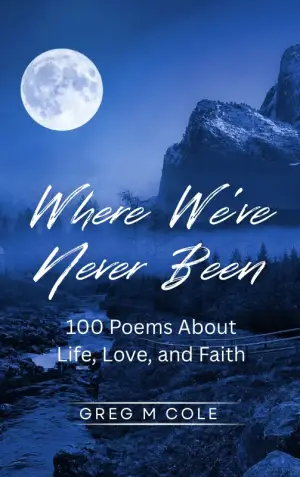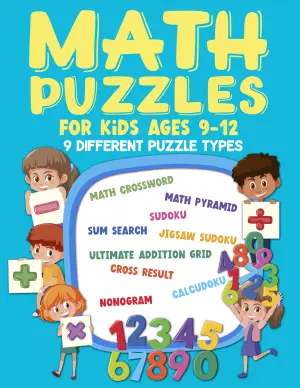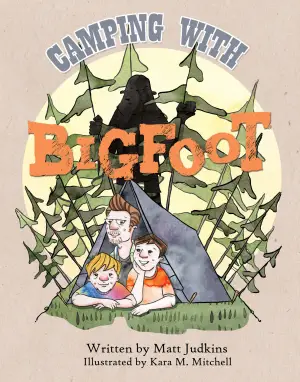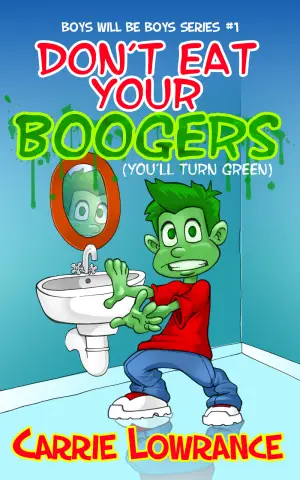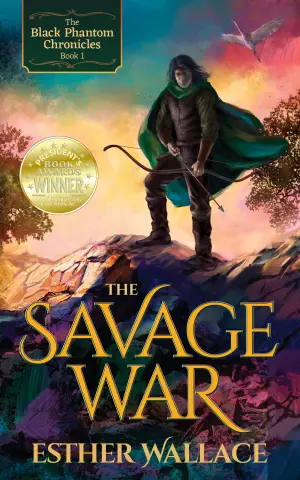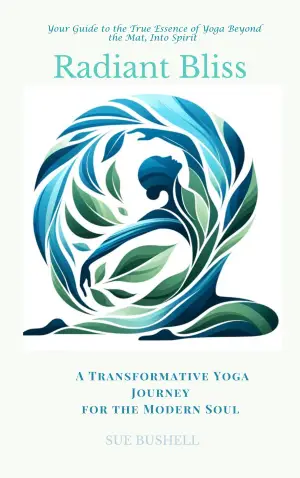A Gripping Tale of Survival: My Thoughts on Gray After Dark by Laura Ihli
When I first stumbled upon Laura Ihli’s Gray After Dark, I was drawn in by its premise—a story inspired by the harrowing real-life kidnapping of Kari Swenson. I had heard bits and pieces of Kari’s story before, but Ihli’s take promised a deep dive into the psyche of both the victims and perpetrators. I was immediately intrigued. Little did I know that this book would evoke some serious emotional responses, and by the end, I found myself ready to metaphorically punch a couple of characters right in their entitled, patriarchal faces.
The narrative unfolds around a fictionalized version of Swenson’s kidnapping in 1984, with twists that delve into the very real theme of misogyny wrapped in entitlement. Ihli expertly captures the horror of living in a world where some men still consider women as mere property. The chilling depiction of retribution for perceived slights—like spilling a dinner—has the power to make any reader’s blood boil, including mine. Yet, amid the terror, there’s resilience. The women in Ihli’s story demonstrate remarkable courage, reminding us of the strength that can bloom even in the darkest circumstances.
One aspect I deeply appreciated was Ihli’s commitment to acknowledging the real-life implications of her story in her afterword. She confronts the disturbing glorification of the actual kidnappers, calling attention to how society romanticized violent criminals while neglecting the bravery of their victims. This connection to real history infuses the narrative with depth and gravitas. The mental gymnastics one has to perform while reading—asking oneself, “What would I do in that situation?”—is both engaging and harrowing.
The pacing felt deliberate, balancing horror and escalating tension with reflective moments that made me examine not just the characters’ choices but mine as well. Ihli’s writing style is evocative, coaxing vivid imagery from the landscape of Montana, plunging the reader into sheer isolation and desperation. I was particularly fascinated by the elements of the Olympic biathlon woven throughout—a surprising yet engaging addition that provided an educational layer to the reading experience.
While there are intense scenes of violence, I’m grateful that the book lacks sexually explicit content; it allows the focus to remain on the emotional and psychological aspects of survival. This, coupled with the notable absence of glorification of the criminals, gave me a respectful lens through which to consider a very difficult subject matter.
As Gray After Dark debuts in less than three weeks, I wholeheartedly recommend it to readers who are drawn to psychological thrillers that challenge societal norms and provoke thought. It’s a tough, sometimes brutal read, but one that celebrates resilience and survival against overwhelming odds. For those like me who crave stories that evoke deep emotional responses and encourage reflection on personal values, Ihli’s masterful storytelling is not to be missed.
After finishing this book, I became immediately curious about Ihli’s other works—her ability to weave a compelling narrative that grapples with true-to-life issues is exhilarating. So, if you’re on the hunt for a gripping, thought-provoking read, Gray After Dark might just be your next literary adventure!

